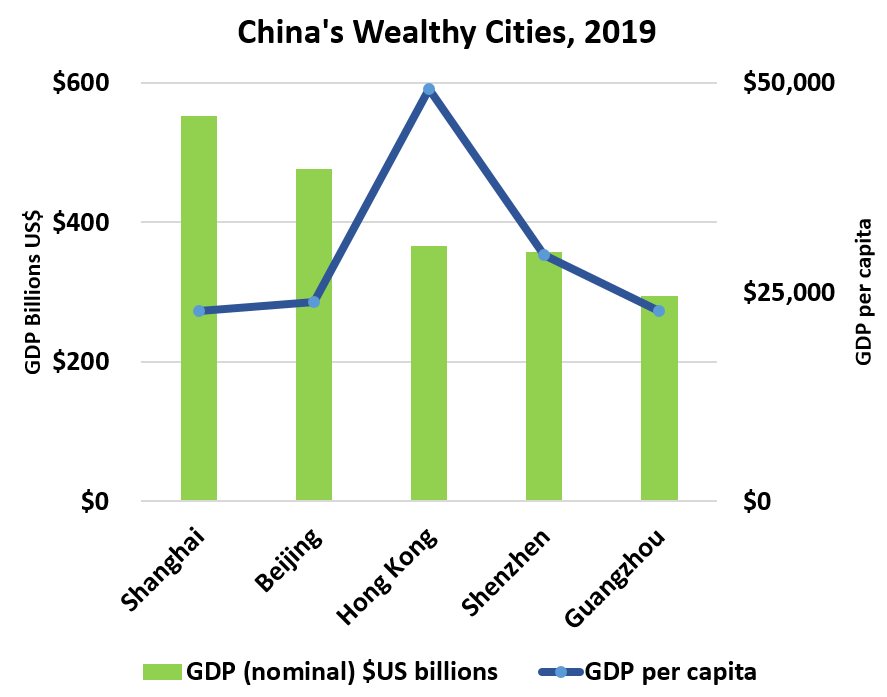Who Lost Hong Kong on June 30? Japan Times
Impatient after a year of massive protests, China enacted a national security law for Hong Kong on June 30 with vigorous enforcement. “That was the day when the long-eroding fiction of ‘One country, two systems’ finally disappeared in Hong Kong,” writes Kuni Miyake for the Japan Times. While multiple players contributed to Hong Kong’s plight, the author concludes that Xi is largely responsible for reducing the status to “just another rich but ordinary city in China.” US President Donald Trump also expressed more concern about trade with China than democratic values, describing Hong Kong as a “domestic Chinese issue.” Likewise, many business leaders value Hong Kong for eased trade and investment with China. Foreign investors simply seek locations with low taxes and streamlined regulations. Miyake concludes that China may have won the battle in controlling Hong Kong, but lost the war. Hong Kong will no longer be a financial gateway with the world, he explains, and China’s credibility as a responsible, trusted international partner may be in doubt. China’s leaders regard Hong Kong’s democracy movement as a threat that could spread. – YaleGlobal
Who Lost Hong Kong on June 30? Japan Times
A new national security law for Hong Kong ends the one-country, two systems – and may reduce China’s credibility among the international community
Monday, July 6, 2020
Read the article from the Japan Times that compares China's Hong Kong policies to those of Japan during the 1930s.
Kuni Miyake is president of the Foreign Policy Institute and research director at Canon Institute for Global Studies.

The Japan Times
THE JAPAN TIMES LTD. ALL RIGHTS RESERVED.